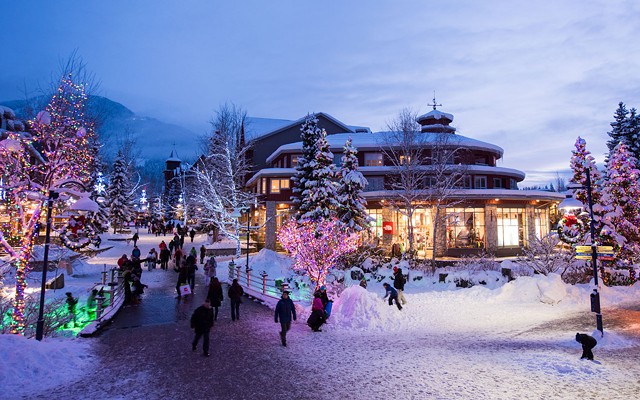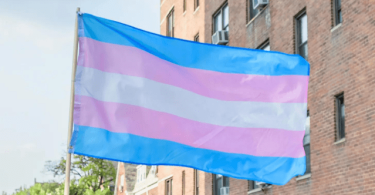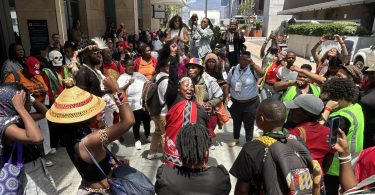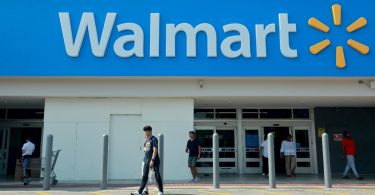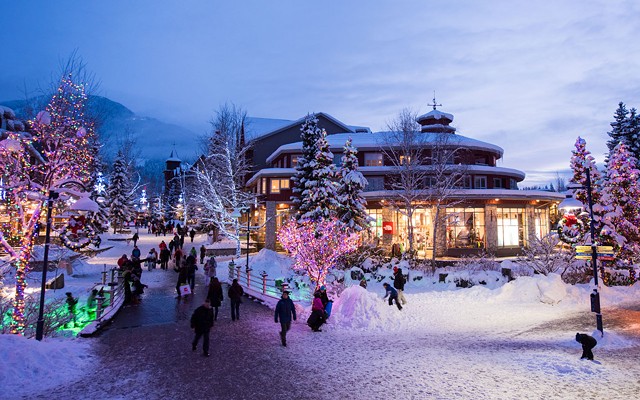
Tourism Whistler (TW) is predicting a “slight decline” in room-night bookings to the resort this winter due in part to a softening global economy that is impacting a handful of key international markets.
“Our forecast is based on economic trends and we’re looking at a slowing in the growth of our global economy,” said Karen Goodwin, TW’s vice-president of destination and market development, adding that tensions over Brexit and U.S.-China trade wars are creating economic uncertainty internationally.
“Brexit is certainly playing an impact on Brits travelling regardless of destination; it’s not just Whistler. And Australia, similarly, there’s some economics at play there. We have the air support out of those markets, but we are just seeing a softening.”
That seems to jive with a recent earnings report from Vail Resorts, the Colorado-based owner of Whistler Blackcomb, which noted that international visitation for fiscal 2019 was relatively weak across its roster of North American resorts, and “particularly at Whistler Blackcomb.”
The good news is TW continues to see strong demand from two other markets that are key to Whistler, Goodwin noted.
“Mexico, they book a little bit later, so we don’t have a ton on the books, but the indications from our partners in markets is that there is lots of demand and interest in Whistler. And we’re still seeing strength out of the U.S.,” she said.
While TW said it is still early in the season to note any concrete trends out of the regional market, it said local Epic Pass sales offered through Vail Resorts are on the rise. Through Sept. 22, season pass sales across the company had increased roughly 14 per cent in units and 15 per cent in sales dollars compared to the same period last year.
TW has made a strong push in recent years to drive conference business, partially as a way to shore up demand through slower periods. Although group bookings can be somewhat volatile year to year, Goodwin said that TW is seeing increases during the winter shoulder period.
“It’s down in the peak months but we are seeing increases in the shoulders; so November and early December, and then in April, it was stronger than it was last year. So it’s actually coming at a good time,” she said.
Another strategy TW has relied on is to push early-bird bookings, something it has expanded on this year with a “Kids Play Free” program, which offers free access to TW partner activities to kids 12 and under with a paying adult.
“We’re reaching out to a number of [partners] and we’re just finalizing the details on that, but that will add to our book-by message and give it even more strength,” she said.
With the Oct. 21 federal election looming, TW CEO Barrett Fisher, speaking to
Pique last month, said the organization would “love to have an MP in our riding who appreciates and understands the importance of tourism and champions it on our behalf.”
To that end, TW has also lobbied for funding support through the federal Canadian Experiences Fund, which supports communities as they create and enhance tourism products, facilities and experiences. Fisher has also mentioned the need for investment in local tourism infrastructure, including a potential future expansion of the Whistler Conference Centre.
Whistler has begun to see a flattening in visitation after a roughly half-decade of growth. This past summer, room-night bookings were about two-per-cent below the same period in 2018. Back in May, Fisher noted the forecast for this winter was a similar two-per-cent drop—although it should be noted those figures are speculative, at least until bookings for the season are finalized.
TW held its all-members meeting on Oct. 8, which has historically been closed to the public and media.

